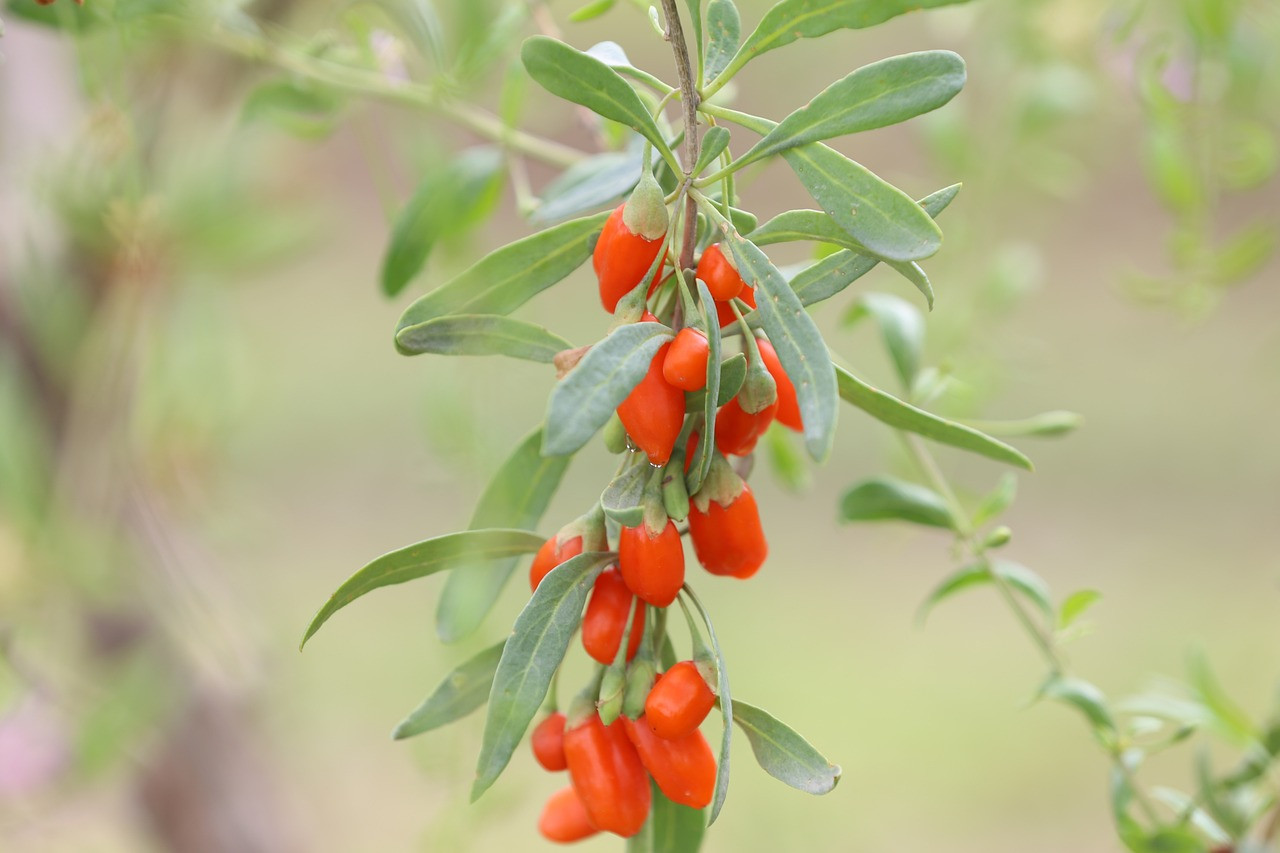
Wolfberry, also known as goji berry, is a small red fruit that has been used for centuries in traditional Chinese medicine. In recent years, it has gained popularity in the West due to its potential health benefits, including its potent anti-inflammatory properties. Inflammation is a natural process in the body that helps protect against infection and injury, but chronic inflammation can lead to a range of health problems, such as heart disease, cancer, and arthritis. Wolfberry contains several compounds that have demonstrated anti-inflammatory effects, making it a promising food for preventing and treating chronic inflammation.
One of the key components in wolfberry is a group of polysaccharides called Lycium barbarum polysaccharides (LBPs). These compounds have been shown to have potent anti-inflammatory effects by reducing the production of pro-inflammatory cytokines and other markers of inflammation. A study published in the Journal of Medicinal Food in 2015 found that polysaccharides extracted from goji berries reduced inflammation and improved immune function in mice with sepsis.
Another important component in wolfberry is its high level of antioxidants, including zeaxanthin, beta-carotene, and vitamin C. Antioxidants are molecules that can neutralize free radicals, which are unstable molecules that can damage cells and lead to inflammation. A study published in the journal Nutrients in 2019 found that consuming wolfberry extract reduced inflammation and oxidative stress in middle-aged adults.
In addition to its anti-inflammatory properties, wolfberry has been found to improve several other health markers. A study published in the journal Food & Function in 2021 found that consuming wolfberry extract reduced blood pressure and improved blood lipid levels in adults with metabolic syndrome. Another study published in the journal Nutrients in 2017 found that wolfberry extract improved immune function and reduced inflammation in middle-aged adults.
Wolfberry is also a rich source of several important minerals, including iron, zinc, and copper. These minerals are critical for overall health and can help support healthy immune function, energy metabolism, and improved cognitive function.
In conclusion, wolfberry is a small red fruit with many potential health benefits, including potent anti-inflammatory properties. Its high level of polysaccharides and antioxidants make it a promising food for preventing and treating chronic inflammation and related conditions. By incorporating wolfberry into a balanced and healthy diet, individuals can improve their overall health and well-being. I love this little berry! My favorite way to get it is to drink it!
My blogs contain some affiliate links.
Any purchase made is a blessing to my family at no extra cost to you!
Thank you for supporting us!





0 Comments